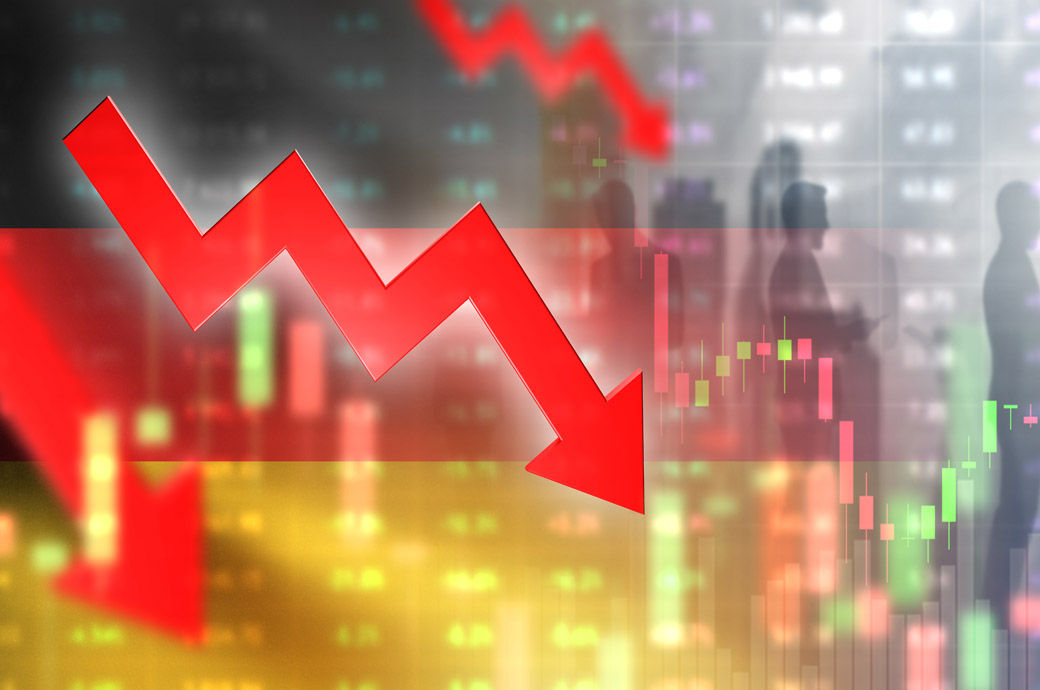This means that Germany remains one of the laggards in economic terms, a BDI release noted.
The Federation of German Industries expects economic output to drop by 0.1 per cent this year, while the eurozone is likely to grow by 1.1 per cent and the global economy by 3.2 per cent.
“The situation is very serious: industrial growth in particular has suffered a structural break,” said its president Peter Leibinger.
Firms need timely relief signals and a gritty agenda for more growth, he said.
“The situation is very serious: industrial growth in particular has suffered a structural break,” said BDI president Peter Leibinger.
Germany is in a deep economic crisis that is more than just the consequence of the pandemic and the war of aggression against Ukraine. The problems are home-made and the result of a structural weakness at the location that the economy has been struggling with since 2018, emphasised Leibinger.
“For years, governments have postponed important reforms, held back investments and been content with the status quo,” he observed.
“Companies need timely signals of relief and a determined agenda for more growth. Financial leeway is limited, so clear priorities must be set in the budget. What strengthens growth must be given priority. Public investment in modern infrastructure, in transformation and the resilience of our economy is urgently needed,” The BDI president said.
Leibinger said it is important for Germany to once again assume a more confident leadership role and for Europe to become more strategically independent.
“New US tariffs could hit the economy in Germany and the EU hard. Tariffs could threaten the EU with a collapse in growth. The export-oriented German economy could shrink by almost half a per cent instead of 0.1 per cent,” he added.
Fibre2Fashion News Desk (DS)


